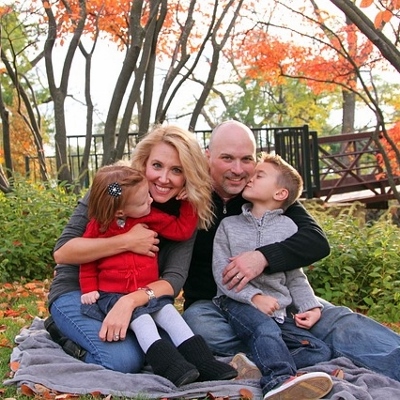 Teetering on the brink of being teens, tweens must be competent in three areas before they hit middle school. These competencies will help any child develop the fortitude to resist negative peer pressure — pressure that can come in the form of sexual activity, drug use, and other unhealthy behaviors. Help your tween learn to say no, learn to ask for help, and learn to find positive role models.
Teetering on the brink of being teens, tweens must be competent in three areas before they hit middle school. These competencies will help any child develop the fortitude to resist negative peer pressure — pressure that can come in the form of sexual activity, drug use, and other unhealthy behaviors. Help your tween learn to say no, learn to ask for help, and learn to find positive role models.
First and foremost, a tween should learn how to say no when asked to do something he does not want to do. It’s not enough to assume that a child who has a good family upbringing will be able to resist peer pressure in middle school. For instance, a child who has always been taught to be “nice” will become a victim of peer pressure if he continues to always want to please others. A boy offered a cigarette by a best friend may simply not know how to say no to such an important person in his life.
Parents literally must practice with a tween ways to say no. Role playing can quickly teach a child an effective means to protect himself. Play the part of a friend bugging your child to share a beer, then let your son or daughter think of at least three different ways to say no. One example may be, “I don’t want to drink, because I’m not going to ruin my chances of being on the basketball team.” But remember, a child does not owe an explanation; she can choose to firmly say “no” and walk away.
Along with learning how to decline the invitation to engage in risky behaviors, a tween must learn which adults are safe to ask for help in uncomfortable situations. Most parents may think that they will always be available to help, but for a myriad of reasons, that may not always be the case. If mom or dad cannot be of immediate assistance, who can your tween turn to for support? A school guidance counselor may be the “go to” person for help with peer pressure problems at your child’s school. At church, it may be the pastor. My point is that in every area of a child’s life, he or she should have at least one other trusted adult besides a parent to go to for help.
Finally, a tween should be encouraged to associate with friends who involve themselves in positive endeavors, such as scouting, sports, music, or dance. Studies show that tweens and teens who keep busy with a series of in-school and out of school activities do not give in to peer pressure as readily. To safeguard your tween, work to get him or her involved as well. Believe me, the more fun he or she has being a part of groups and organizations, the better.
Tweens transform into teens rather quickly. Help your tween to succeed in school and in life by teaching him or her these three important competencies.










